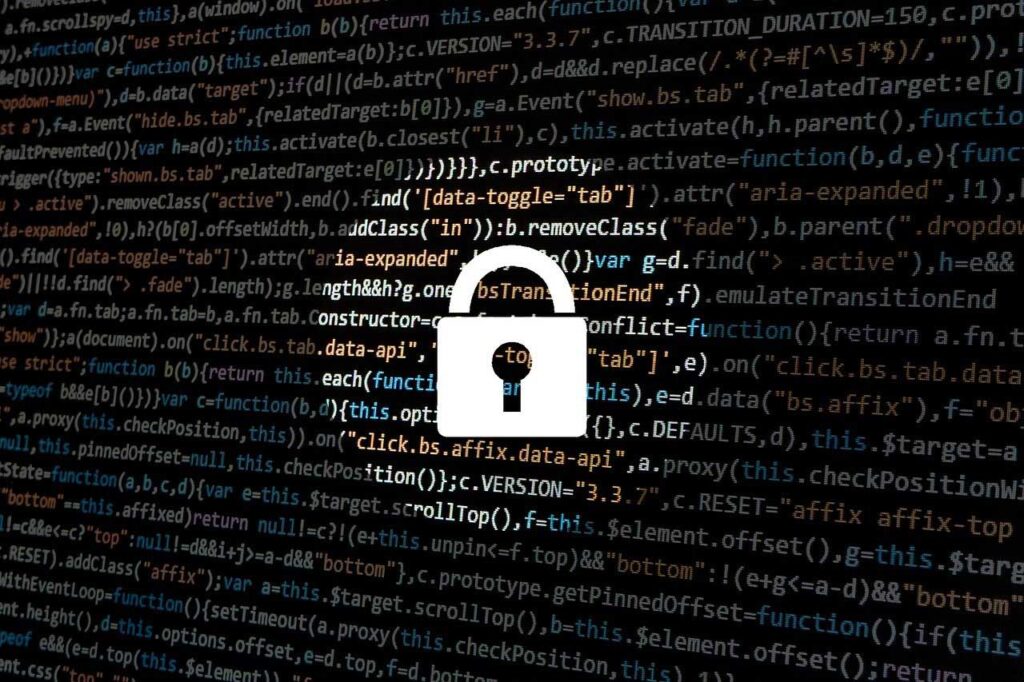
On 30th of January 2023, the AIRE Centre and the Regional Anti-Corruption Initiative (RAI), with support from the UK Government, held a regional training on cyber-attacks and importance of digital evidence for over 150 judges, prosecutors and other experts from Albania, Bosnia and Herzegovina, Montenegro, Kosovo, North Macedonia and Serbia, who are part of Asset Recovery Network. The training was implemented by an international cybersecurity expert and cybercrime and internet investigator, Jon Blake from AML Consulting (Global).
Digitalisation is transforming all aspects of modern-day life, which also includes organised crime, as growing numbers of criminals are using technology to plan and commit offences. While this does present unique challenges to authorities, it also opens new avenues for using electronic evidence (e-evidence) to track them down and bring them to justice.
“Thanks to this training, regional judicial actors have strengthened their knowledge on essential elements of digital evidence, digital forensics and the identification, acquisition, and analysis of digital material. Most importantly, they learned about best practices and approaches from regulators and lawmakers in different jurisdictions.” said Nevena Kostić, Project Manager at AIRE Centre.
Just last week, the Presidency of the Council of the European Union and the European Parliament reached an agreement on the draft regulation and the draft directive on cross-border access to e-evidence, which will make it possible for authorities to address judicial orders for e-evidence directly to service providers in other member states.
“With this agreement we respond to a key request by our judicial authorities. More and more crimes are planned or committed online, and our authorities need the tools to prosecute them as they do for crimes offline. The new rules will allow judges and prosecutors to quickly access the evidence they need, regardless of where it’s stored, before it disappears”, said Gunnar Strömmer, Swedish Minister of Justice.
In order to ease cross-border requests for and exchange of electronic data for use in criminal cases, EU bodies agreed on the text of two new legislative acts. The regulation on European production and preservation orders for e-evidence in criminal proceedings seeks to “introduce an alternative mechanism to the existing international cooperation and mutual legal assistance tools” which specially “addresses the problems stemming from the volatile nature of e-evidence and the ‘loss of location’ aspect by establishing new procedures for quick, efficient and effective cross-border access”. On the other hand, the directive on the designation of designated establishments and appointment of legal representatives for gathering electronic evidence in criminal proceedings will be a key tool for implementation of the regulation as “it establishes the rules applicable to the appointment of service providers’ legal representatives or designation of their designated establishments who are responsible for receiving and responding to such orders” which is also necessary due to the lack of a general legal requirement for non-EU service providers to be physically present in the EU.
As a growing number of criminals are using technology to commit organised crime in Western Balkans, gathering e-evidence has never been more crucial. Reports continually indicate an increasing trend in the number of cyber-attacks and cybercrime.
“Becoming familiar with international developments and achievements is the crucial first step for regional practitioners that deal with limited resources but share joint enthusiasm and willingness to undertake all the steps necessary in combating organised crime and corruption.” explained Nevena.
The regional training on digital evidence was held as part of the project “Combating corruption and organised crime in the Western Balkans through strengthening regional cooperation in asset recovery”, implemented by the AIRE Centre and Regional Anti-Corruption Initiative – RAI and supported by the UK Government. Find out more at Asset Recovery Platform.

